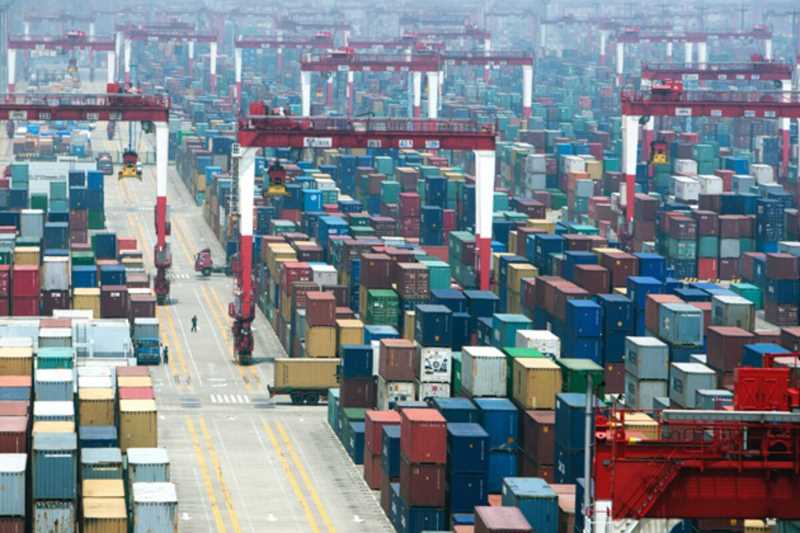Markets
Tariffs Threaten State and Municipal Infrastructure Projects
Tariffs are complicating infrastructure municipal initiatives at the state levels, prompting investors to demand greater compensation for added risk, warned Tamara Lowin of Van Eck Associates Corp. Rising costs and shrinking margins increase financial risks and directly impact the appeal of municipal bonds.
Trump’s Trade Policies Threaten Local Projects
Former President Donald Trump’s trade policies are causing disruptions in global supply chains. This results in higher construction costs, longer timelines, and doubts about the viability of government projects. “Tariffs will affect all construction sectors,” said Lowin.
Public Infrastructure Relies on Global Inputs
Although municipal bonds are traditionally viewed as domestically anchored, Lowin emphasizes that public projects also depend on imported materials and labor. This makes them equally vulnerable to shifts in international trade.
Healthcare Sector Faces Critical Risks Due to External Dependence
Lowin also warned about the exposure of the healthcare sector, which heavily relies on imported medical supplies and foreign workers. Amid a nursing shortage, many U.S. hospitals are turning to international hiring to meet their staffing needs.

Turmoil in Trade Questions Arise Amid Tariff Rollout Controversies
Tariff rollout controversies at the close of what could be considered the most turbulent week…
Transportation Authorities Fear Impacts on Investment Plans
Janno Lieber, CEO of the New York Metropolitan Transportation Authority, cautioned that tariffs could significantly raise the costs of infrastructure upgrades. He noted that even railcars assembled locally include foreign components, complicating long-term planning.
Effects Vary Depending on Supply Chains Used
Alon Levy, researcher at NYU’s Marron Institute, pointed out that the impact of tariffs will depend on the supply chains chosen by each agency. “Pandemic-era disruptions offer valuable lessons for today,” added Lowin.
Municipalities Must Adapt with New Financing Tools
According to Lowin, market volatility will require municipal credits to demonstrate liquidity, adaptability, and resilience. Ongoing projects may face budget shortfalls and will need additional financing through completion bonds, credit lines, or bank loans.


